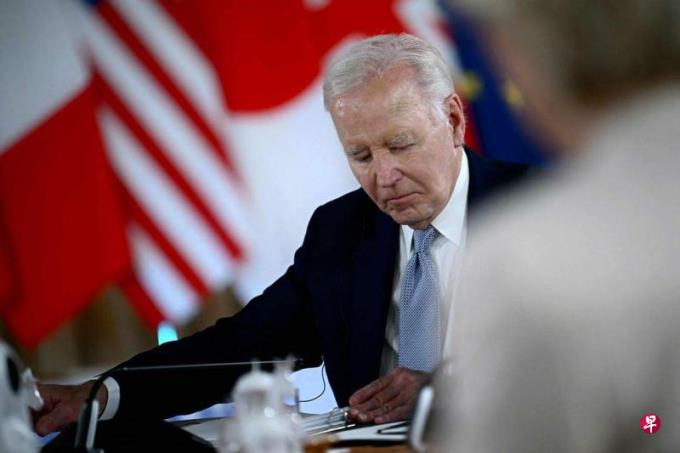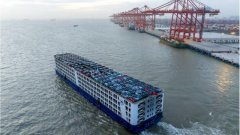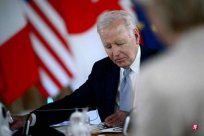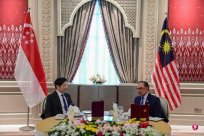
U.S. President Biden expressed pessimistic views on China's economic strength and global influence in an exclusive interview with Times Magazine.According to reports, Bayeng claimed that the Chinese economy was "on the verge of collapse" in an exclusive interview published on June 4, and described China's Belt and Road Initiative as a "annoying" failure initiative.
Bynden pointed out that he believes that China's economic prospects are not optimistic. This statement is contrary to the recent views of some economists and analysts. They believe that although the Chinese economy is facing challenges, they still have toughness and growth potential.Biden's remarks have aroused widespread attention from the international community, especially in the global economic recovery and international cooperation.
The "Belt and Road" initiative was proposed by China in 2013. It aims to strengthen economic cooperation between Asia, Europe and Africa through the construction of trade and infrastructure networks.The initiative involves multiple countries and regions, and its investment scale is huge, but it also faces criticism of financial sustainability and debt issues.
Biden's comment may exacerbate the tension between China and the United States, and there are differences in the two countries in many fields such as trade, technology and geopolitics.However, there are also opinions that this may be that the US government tries to reshape global economic order through diplomatic means and promote its own economic agenda.
Despite controversy, Biden's speech also reflects some countries' concerns about the slowdown of China's economic growth and the long -term impact of the "Belt and Road" initiative.In the future, how China and the United States will interact and cooperate in the economic field will have a profound impact on the global economic pattern.
At present, Biden's position on China's economic prospects is reflected in his criticism of the "Belt and Road" initiative.According to a number of Chinese and foreign media reports, the Bayeng government showed a more prudent and even critical perspective when reviewing the Chinese economic development model and foreign economic cooperation policies.
In Biden's view, although the "Belt and Road" initiative has achieved certain results in promoting infrastructure and promoting economic development of countries along the route, it also caused a series of issues such as debt sustainability, environmental impact, and geopolitical risks.The U.S. government is worried that the initiative may exacerbate global economic imbalance and expressed concerns about China's increasing influence in international economic order.
This attitude change is not an isolated incident, but reflects the overall strategic adjustment of the Bayeng government in China.In the field of economy and trade, the Bayeng government emphasizes the importance of the diversification of the supply chain, aiming to reduce its dependence on the Chinese market and promote the transfer of production bases to other countries.In addition, the United States has actively promoted economic cooperation with allies and partners to form a competitive advantage to China.
From a broader perspective, the adjustment of the economic policy of Bayeng's government to China is also part of its global strategy.In the face of China's rapid rise, the Biden government tried to build a more balanced international economic order, which must not only safeguard its own economic interests, but also respond to the challenges brought by China.This balance strategy is reflected in the "Build Back Back Better World" (B3W) proposed by Biden, which aims to provide a sustainable global development model as a response to the “Belt and Road” initiative.
In summary, the pessimistic attitude of the Bayeng government on China's economic prospects and the criticism of the "Belt and Road" initiative marks the U.S.'s prudent shift in China's economic policy.This transformation not only affects the bilateral relations of the United States and China, but also has a profound impact on the global economic pattern.In the future, economic competition and cooperation between the United States and China will continue to evolve. How the two sides manage differences and seek cooperation will be one of the important factors that determine the global economic trend.
The author is a member of the Beijing China Future Research Association and a member of the Chinese Popular Science Writers Association




